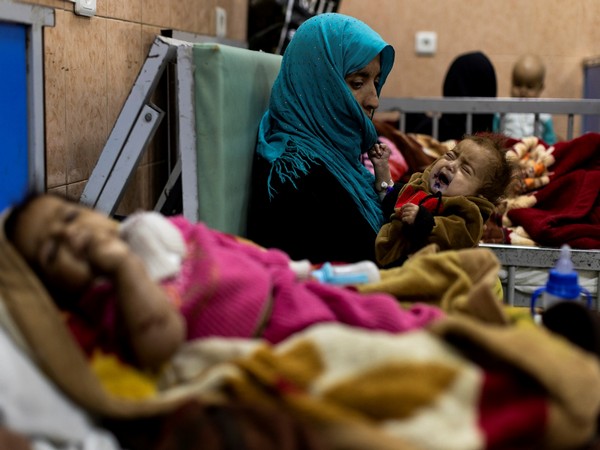Malnutrition Crisis in Pakistan: A Socioeconomic Time Bomb
The persistent malnutrition problem in Pakistan significantly affects maternal health, gender empowerment, and child development, costing the country 3% of its GDP. Amid economic woes, experts urge targeted intervention and consistent funding to address this critical issue, highlighted by alarming statistics on undernourished children.

- Country:
- Pakistan
As Pakistan grapples with a faltering economy and persistent discontent among its citizens, another critical issue remains a significant burden: malnutrition. According to Dawn, malnutrition has long been a primary factor in Pakistan's disease burden, impacting maternal health, gender empowerment, child marriage, and education.
Malnutrition poses a grave threat to communities and the economy. Representatives from UNICEF, FAFEN, and the Women's Parliamentary Caucus revealed that malnutrition costs Pakistan around 3% of its GDP. The nation also boasts the second-highest rate of diabetes, emphasizing the need for targeted intervention with child- and family-related laws and gender-specific social issues to enact meaningful policy changes.
Dawn's data reveals that four out of 10 children under five are stunted, 17.7% suffer from wasting, 28.9% are underweight, and 9.5% are overweight. An IPC analysis showed that 2.14 million children are acutely malnourished due to government apathy. The need of the hour is to prioritize hygiene practices, healthcare, and food security, alongside educating women and children about sanitation and nutrition.
Addressing malnutrition indicators requires consistent funding and healthcare improvements to bridge the wealth disparity between rich and poor, urban and rural communities. Dawn highlights that despite recent IMF negotiations, Pakistan's economic hopes remain bleak without addressing these systemic issues.
(With inputs from agencies.)
ALSO READ
UNICEF Report: Over 500 Million Children Registered at Birth, But 150 Million Remain Invisible
BMW and UNICEF Join Forces to Revolutionize Education in India
UNICEF Mobilizes Emergency Aid for Vanuatu’s Children After Devastating Earthquake
UNICEF, West Bengal govt join forces to combat juvenile diabetes










